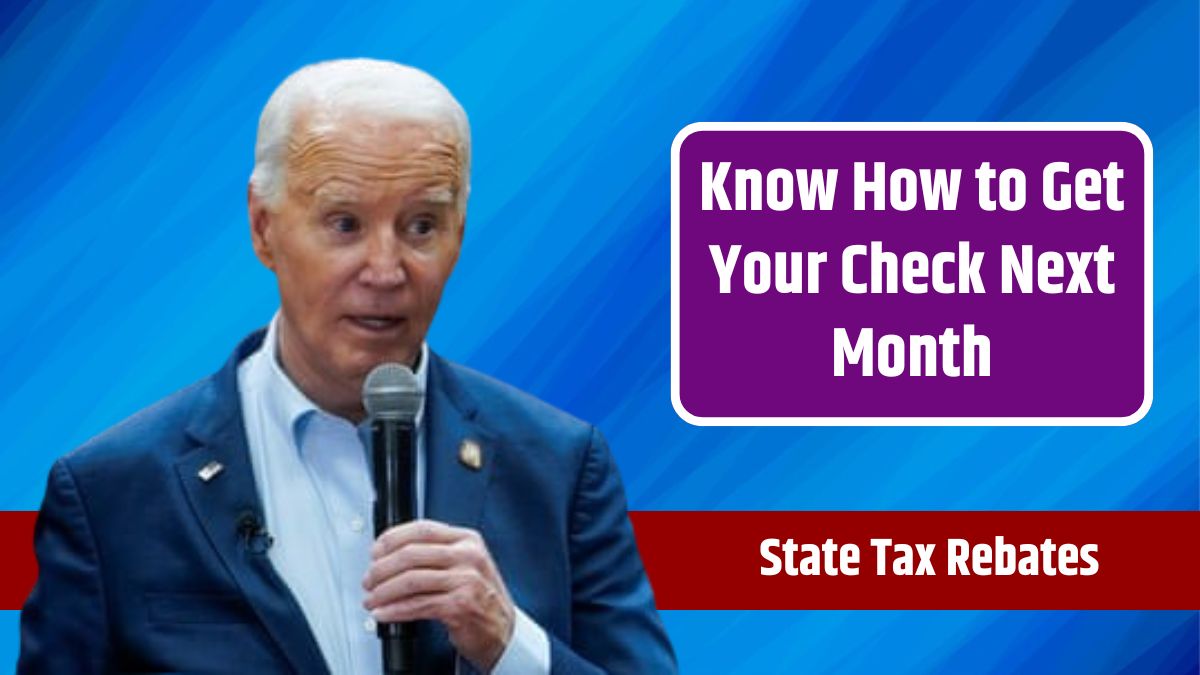As August approaches, Washington state residents are eagerly anticipating a significant enhancement to their wallets through energy rebates. The state government plans to distribute over $150 million in tax rebates to more than 700,000 individuals this autumn. Funded from the Climate Commitment Act (CCA) revenue, this initiative aims to reduce energy costs while promoting energy-efficient measures among households.
Climate Commitment Act
The rebate program is part of the Climate Commitment Act, a landmark initiative aimed at reducing greenhouse gas emissions in Washington state by 95% by 2050. The CCA includes a cap-and-invest program, which has had a notable impact on the state’s economy, including a fifty-cent increase in gasoline prices per gallon. While this measure has sparked controversy, proponents argue that combating global warming and transitioning to cleaner energy justify these actions. Critics, however, contend that the CCA has led to increased costs without corresponding reductions in carbon emissions.
Eligibility
To qualify for the $200 energy rebate, Washington residents must meet certain criteria. These requirements may vary slightly across different counties and utility districts, but the primary target group is low-income citizens. For example, in Snohomish County, applicants with a household income of 80% or less of the adjusted median income (AMI) are prioritized. However, those with incomes up to 150% of AMI may also be considered, ensuring that a broader range of residents can benefit from the program.
Specific eligibility requirements include:
- Income Thresholds: Preference for households earning 80% or less of AMI, with consideration for those earning up to 150% of AMI.
- County and Utility District Variations: Criteria may vary by location, so residents should check with their local utility providers.
- Application Process: Residents must apply for the rebate, with some areas, like the Snohomish County Public Utility District, already accepting applications online.
Future Decisions
While these rebates will soon provide financial relief for many Washington residents, the program’s future remains uncertain. Voters will decide the fate of the Climate Commitment Act in November with Initiative 2117. This vote could lead to the repeal of the CCA, potentially eliminating these energy rebates in the coming years.
Supporters argue that the CCA effectively reduces carbon emissions, while detractors claim it negatively impacts the economy. The outcome of this vote will shape the future of energy and climate policies in Washington.
As September begins, Washington residents will benefit from energy rebates funded by the state’s climate change efforts. The $150 million in tax rebates represents a significant investment in both financial security and environmental responsibility. These $200 rebates not only provide immediate relief for many households but also highlight the potential for climate policies to offer tangible benefits while addressing environmental impacts.
Whether the program continues depends on the November vote. It’s crucial for residents to apply for their rebates and engage in the ongoing discussion about the state’s energy and climate future. This initiative exemplifies the balance between ecological and economic responsibilities, offering hope for a sustainable and prosperous future for all.
FAQs
What is the Climate Commitment Act?
A law aiming to reduce greenhouse gas emissions by 95% by 2050.
How much is the energy rebate?
$200 per eligible resident.
Who qualifies for the energy rebate?
Low-income households, with preference for those earning up to 80% of AMI.
When will the rebates be distributed?
Starting in September.
What could impact the future of these rebates?
The outcome of the November vote on Initiative 2117.
